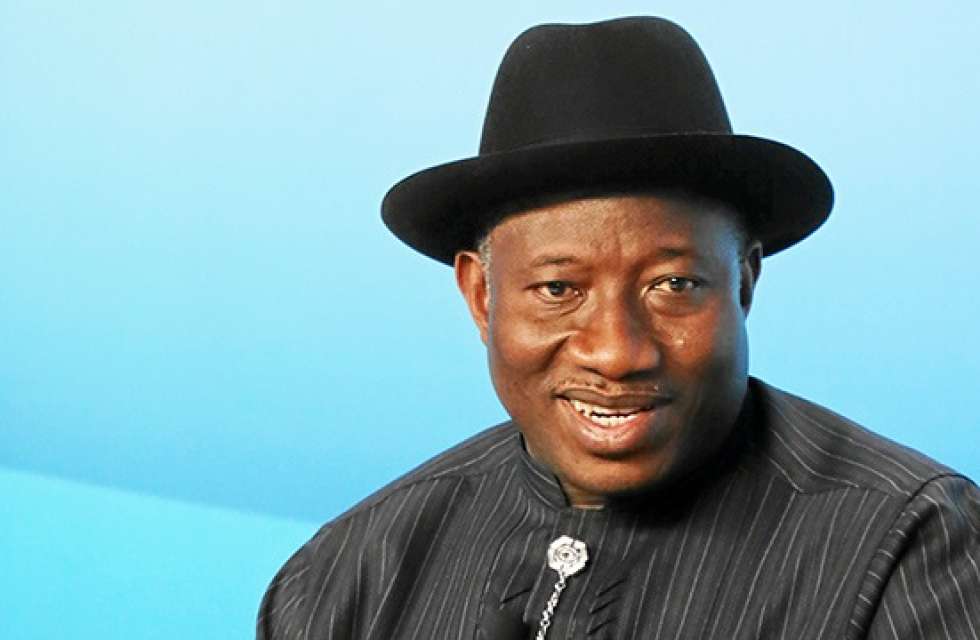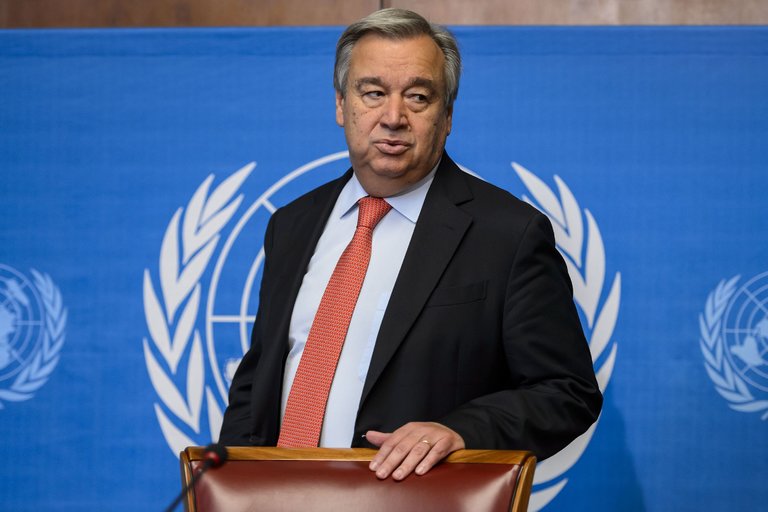By Owei Lakemfa.
State visits, are state visits. Usually drab affairs with polite speeches, handshakes and some reassurances. It is usually a state affair in which the people are rarely involved. Not so when President Brahim Ghali of the Saharawi Arab Democratic Republic, SADR (Western Sahara) came calling mid- June.
The notice of his visit was quite short and his programme, tight. So a race began to get his team accommodate a meeting between him and broad sections of the Nigerian people. It was agreed that he would be hosted under an umbrella organization; The Nigerian Movement for the Liberation of Western Sahara (NMLWS)
The Movement reminds me of similar mass Nigerian organisations that supported the liberation struggles in Mozambique, Angola, Guinea Bissau, Cape Verde, Zimbabwe, Namibia and South Africa.
Within hours, one of the Movement’s affiliates, the Nigeria Labour Congress (NLC) offered to provide its secretariat as venue. The NLC which is the largest labour centre in Africa also provides offices, free, for the Movement while its counterpart, the Trade Union Congress (TUC) which like the NLC, has millions of dues-paying members, provides logistical support.
The Movement also invited representatives of seventeen Civil Society Organisations from women, youth, student and social organizations affiliated to it. The meeting was coordinated by Dr. Dipo Fashina, a past President of the Academic Staff Union of Universities (ASUU) the umbrella organization of all academics in Nigerian universities. ASUU is also one of the most active organisations in the Movement.
Dr. Fashina represented the Chairperson of the Nigerian Western Sahara Solidarity Movement, Professor Ibrahim Gambari, the Chairperson of the Joint African Union – United Nations Special Representative to Darfur and also, the Special Adviser on the International Compact with Iraq and Other Issues for the UN Secretary General.
President Ghali came to the meeting accompanied by Foreign Affairs Minister, His Excellency Ould Salek, Special Adviser, Abdati Braika and ambassador in Nigeria, Ambassador Malainine Sadik-Bashir.
In welcoming President Ghali, NLC President, Ayuba Wabba reiterated the: “collective demand that Morocco must be isolated in the global space by all countries, not just in Africa but in the entire world until Western Sahara gains sovereignty, free from colonial control.” Represented by the President of the National Union of Road Transport Workers (NURTW), Najeem Yasin, Ayuba reiterated: “As long as Western Sahara is not free, Africa is not free; and all Africans and African countries must be involved in the struggle.”
The Nigeria Solidarity Movement asked me to present its speech at the occasion. I started by reminding President Ghali that Professor Gambari was Nigeria’s Foreign Minister in 1984 when Nigeria formally recognized Western Sahara as a sovereign country.
In its address, the Movement told President Ghali: “with millions of friends in Nigeria who solidarize with the Sahrawi people, you can see that here, in Nigeria, you are at home amongst friends, comrades, brothers and sisters. So you are welcome to one of your homes in Africa.” It added: “ There are some of your fellow African Heads of State who we, our members and affiliates will not touch even with a ten- foot pole. There are some of them who will not dare come to a labour centre like the NLC without a state of emergency being declared. We cannot be friends or receive people who perpetuate colonialism and exploitation; who betray the very essence of African brotherhood and the soul of humanity.”
The Movement asked rhetorically: “Is it not surprising that the European Union (EU) which is loud in shouting about human rights, liberty, freedom and equality, is in league with Morocco stealing the natural resources of Western Sahara?”
It argued that refugee camps are supposed to be temporary shelter for refugees and people in refugee-like situation, and regretted that millions of Sahrawi have been forced to live in the Tindouf Refugee Camp in Algeria for the past 44 years. It added: “We do not know any people who have suffered such inhumanity. Yet the international community says it is interested in human rights, and even claims to be fighting for animal rights.”
The Movement mentioned the case of Aminatou Haider whom it had hosted in the same NLC premises in 2009. It said when on November 13, 2009 she returned to her ancestral land, the Moroccan Monarchy blocked and deported her to the Spanish Canary Islands. It reminded all, that it took a huge international campaign before the monarchists allowed her return on December 17, 2009. It drew an inference from the this case: “In that infamous act, Morocco once again displayed the fact that the Sahrawi are not Moroccan citizens or does a country refuse its citizens entry and deports them?”
The Nigerian Movement which described the continued occupation of Western Sahara by Moroccan troops and security as the worst type of Apartheid ever perpetuated gave a scorecard of its activities: “everywhere Morocco seeks to perpetuate its evil deeds, we are there to challenge it.
We sometimes do not succeed, such as stopping Morocco from returning to the Africa Union, but sometimes we do, such as stopping it from being admitted as a member of the Economic Community of West African States (ECOWAS) We felt that the Ebola-like contagious foreign policy of Morocco must not be allowed to spread to the West African Region. Currently, apart from combating Morocco’s corruption-driven attempt to suck in some Nigerian officials to support its colonization of Western Sahara, we are also engaging the Nigerian Government to stop the Fertilizer Producers and Suppliers of Nigeria (FEPSON) from its indecent liaison with Morocco to sell in Nigeria, Western Sahara phosphate and natural resources plundered by Morocco.”
Responding, President Ghali said: “ The support of Nigeria has been critical for freedom in Africa. The role of Nigeria is still needed in driving the liberation of Africa and we know it will continue until the total liberation of Western Sahara.
Reacting to the solidarity speeches of students and youths including from the Amilcar Cabral Ideological School (ACI S) President Ghali said: “ We are very happy to see the young Nigerian generation joining the old to continue the struggle for Western Sahara liberation and to ensure that the whole of Africa is liberated”
President Ghali left the meeting to hold talks with President Buhari who in a statement by the Presidency: “restated Nigeria’s support for the people of the Sahrawi Arab Democratic Republic (SADR), and their quest for self-determination and independence.” President Buhari added that: “Nigeria remains committed to supporting the efforts of the AU and the UN towards finding a lasting solution to the Sahrawi problem.”
The wide and active support by Nigerians for the liberation of Western Sahara is a warning to Morocco and its collaborators that they can no longer hold Africa down.


